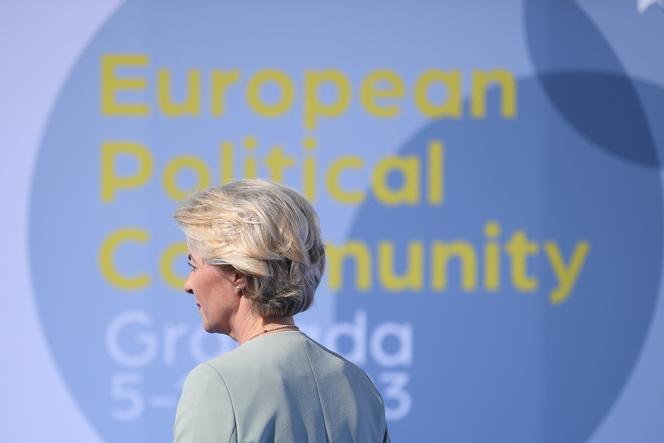
Ursula von der Leyen may be the Commission’s first female president, but she could be presiding over a new College of Commissioners with very little parity. If the candidates put forward by the member states are confirmed by the European Parliament in the fall, the executive branch would have the lowest number of women since 2004 and the Commission chaired by Portugal’s José Manuel Barroso, with seven women out of 27 commissioners. This is a far cry from the parity hoped for by Angela Merkel’s former minister, as there are 13 women in the outgoing Commission.
Friday, August 30, is officially the last day for member states to submit their candidates for the post of commissioner. Before this date, only Italy, Belgium and Bulgaria had not yet officially made their choice, although their preference is known. Rome is due to nominate its European affairs minister, Raffaele Fitto, on Friday, as Foreign Minister Antonio Tajani stated on Thursday. The Belgian government is still hesitating on Friday between reappointing Didier Reynders and proposing its foreign minister, Hadja Lahbib. And Sofia, without a government, was said to be proposing two possible candidates, one man and one woman.
Sofia and possibly Brussels are likely to be the only countries to respond positively to von der Leyen’s request that each member state submit two candidates to her, so that she can put together a College with gender parity. Only those countries wishing to keep their current commissioner can deviate from this rule, like France, which wants to keep Thierry Breton.
However, this wish was largely ignored by the members, despite the Commission president’s insistence. “The European Union Treaty states that each country must propose one candidate, not two,” replied Irish Deputy Prime Minister Micheal Martin on August 29 to justify the choice of sending Michael McGrath, Ireland’s finance minister, to Brussels.
Complex task
Most of the other countries also refused to put forward two names, preferring a male candidate, like Romania, with MEP Victor Negrescu; Greece with Kyriakos Mitsotakis, a political ally of von der Leyen, who appointed Apostolos Tzitzikostas, now at the European Committee of the Regions; or Austria, which chose Finance Minister Magnus Brunner. As for the countries that regularly send women to Brussels, such as Denmark, the Netherlands, Luxembourg and the Czech Republic, this time they opted for male politicians.
Among the few countries to favor a female politician, Finland has chosen MEP Henna Virkkunen: Sweden its minister for European affairs, Jessika Roswall; Spain its deputy prime minister, Teresa Ribera; and Portugal its former finance minister, Maria Luis Albuquerque. With Estonia’s future head of diplomacy, Kaja Kallas, von der Leyen and Croatia’s Dubravka Suica, who is due to stay on for a second term, the number of women should rise to seven, or even eight, depending on the Bulgarian candidate selected. There were 12 in the previous Commission.
You have 36.66% of this article left to read. The rest is for subscribers only.